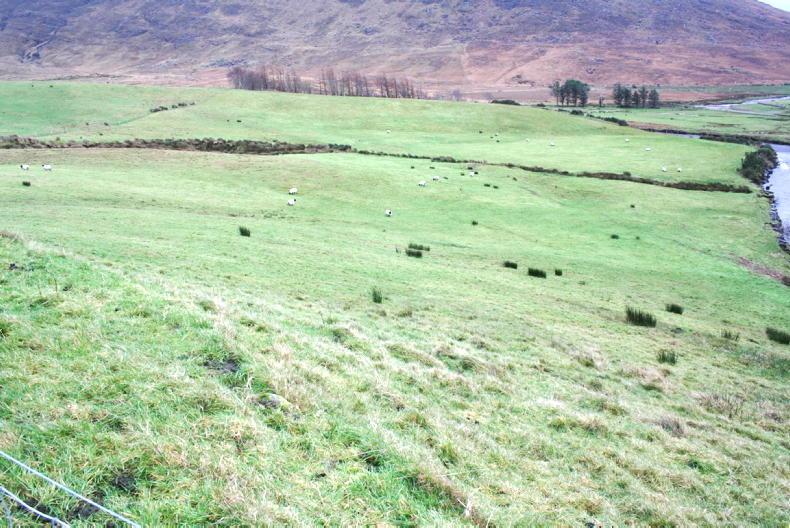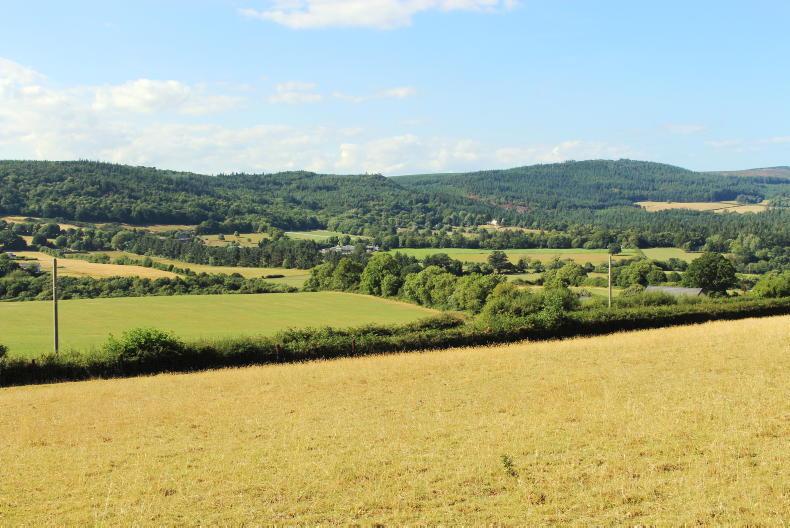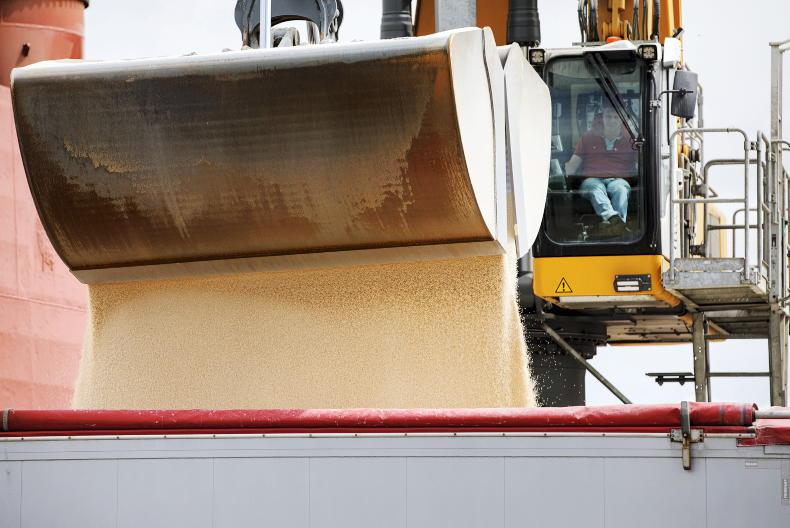Gifting assets will be a perfectly reasonable response to government proposals to set a £1m threshold on both agricultural property relief (APR) and business property relief (BPR) from inheritance tax (IHT), but there are some strings attached, leading tax experts have said.
Outlining the issues at a Rural Support event on Monday, Peter Brown, a solicitor with Martin King French & Ingram, and Jarlath Devlin, an IHT expert with AAB Group, both emphasised the rules around gifts with reservation of benefit.
Gifts of land, houses, etc, are exempt transfers where the person lives at least seven years. If the person gifting the asset dies within three years, normal IHT rates apply and between three and seven years there is a sliding scale known as taper relief.
However, the rules around reservation of benefit mean that the person gifting the asset cannot receive any benefit from it in future.
“It has to be given away and you cannot really retain any benefit from it,” said Peter Brown. It means that if you continue to live in a house gifted to a relative, you should pay rent to the relative at market value. The same principle would apply to land.
In practice, a farmer might decide to hand over the entire farm to a son or daughter, but want to continue to live in the main dwelling. In that scenario, Brown said he was unsure if that could have implications for the whole gift.
“There are few, if any cases about this, because APR was 100% in the past. We have never actually seen it tried and tested,” said Brown.
He repeated advice made by many other tax advisers to not have any “knee jerk reactions” to the proposed reforms of IHT, given there could be some easements made in the coming months. A useful change would be for the £1m APR/BPR allowance to be transferable between spouses – if that happened, it would lessen the need to get property into joint names.
No U-turn
In his presentation, Jarlath Devlin, who previously spent 35 years working at HMRC, said he doesn’t expect the UK government will do a major U-turn on the proposed IHT reforms.
Once IHT changes are implemented from April 2026, he said HMRC will be taking a much closer look at the value of assets on death, and that will include everything from land to livestock, machinery and silage in store.
“Long gone are the days of presenting HMRC with an undervaluation of your assets. They will be all over this like a rash,” he said.
“When valuing those assets, HMRC will rely on experts in Land and Property Services (LPS) and they will value land, etc, based on relevant sales data in your area.
“It is the full open market value they will be after, nothing less,” said Devlin.
Contact
Ultimately, the proposed reforms to IHT will mean farmers will have to keep in regular contact with professional advisers.
“A lot more paperwork will be required on the relationship side of things,” said Brown, who also emphasised the importance of regularly reviewing a will and having an enduring power of attorney in place.
“At present, as well as the proposed new £1m threshold for APR/BPR, there is still the individual tax-free threshold of £325,000 and the residence nil-rate band of £175,000 per person.
“Given recent clarity around how IHT will be calculated by HMRC, a farming couple could, in theory, be able to pass on £4m of an asset tax-free.
“I have described that as being like Stonehenge – once a year on a sunny day, you may get a farm that gets £4m of relief, but realistically it is more in the £2m to £3.5m bracket for a married couple and it really cannot exceed £2m for someone who has it in their sole name,” said Brown.
Farming for the Generations pilot
Back in October 2024, Agriculture Minister Andrew Muir confirmed that local charity, Rural Support, had been awarded a contract to deliver a Farming for the Generations pilot scheme in NI.
Over the past number of weeks Rural Support has run a number of events across NI to raise awareness of the scheme.
It is being delivered across four pillars, with 60 farming families initially sought to take part in the first two pillars which look at planning for succession and preparing the successor to take over the farm. As well as workshops, participants can avail of professional advice and financial assistance to help cover the cost of business restructuring.
In the New Year, further details will be made available on the other two pillars of the programme, which will look at offering support to the farm owner during succession and also farming partnerships between farmers and new entrants.










SHARING OPTIONS